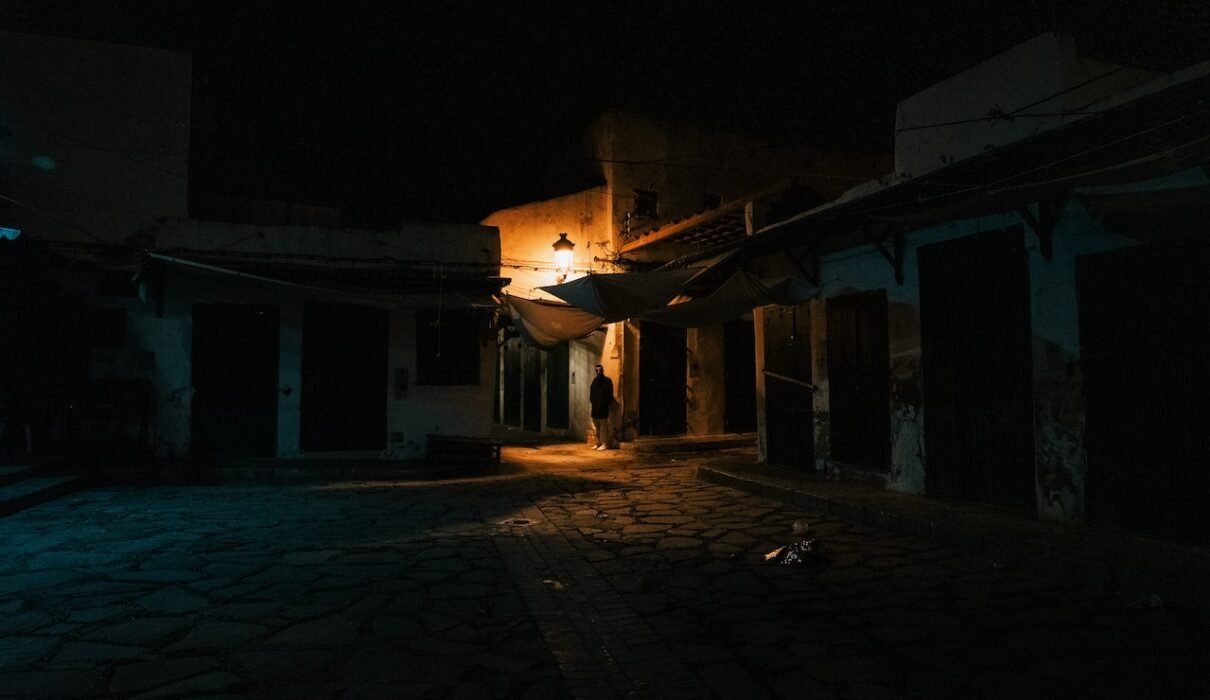FOR nearly two years, the North Davao Electric Cooperative (Nordeco) has been resisting attempts by the neighboring Davao Light and Power Co. (DLPC) to take away some or all of its service area. As Nordeco is a cooperative, that is, a form of public company ostensibly owned by its “consumer-member-owners,” the nauseatingly overused phrase substituted for the word “customers” by virtually all Philippine co-ops, and DLPC is a part of the Aboitiz Power enterprise, the co-op has found a sympathetic audience in some quarters with the all-too-common “evil corporation greedily trampling on the little guys” narrative.
That narrative has unfortunately turned into a trope in this country, most often resorted to by parties that do not have any kind of better argument. Big corporations do press and sometimes overstep the bounds of propriety in pursuit of their business, but not as often as it seems some people would like to believe, and certainly not enough to assume it’s default behavior and just repeat the buzz without looking into its validity.
When one does that in the case of Nordeco, it quickly becomes apparent that preventing DLPC from absorbing some or all of the co-op’s long-suffering franchise area — which President Marcos Jr. has already done once by vetoing a bill that would have modified the franchise, although he may have had no choice — is irresponsible, and a breach of public service to the customers affected.
The people of Davao del Norte outside of the area currently covered by DLPC (DLPC covers Davao City, parts of Panabo City, and the municipalities of Carmen, Dujali and Santo Tomas) have suffered chronic power shortages for some time, problems that came to a head this past spring when the Island Garden City of Samal — which is only about a 10-minute boat ride from Davao City — declared a state of calamity in order to access emergency funds to purchase a couple of generator sets to try to ease seven- to eight-hour daily power outages after two of the three generators run by Nordeco broke down and stayed broken.
The situation frustrated Davao del Norte Gov. Edwin Jubahib so much that he issued a statement “demanding the immediate cessation of Nordeco’s operations, which have been marred by incompetence, negligence, and a blatant disregard for the well-being of the people of Davao del Norte,” and requesting DLPC “to step in, take over and provide the quality service the province so desperately needs.”
A big part of the problem with Samal in particular is that its grid connection to Pantukan on the mainland is badly outdated and inoperative. That twin-cable line is part of Nordeco’s distribution grid and not the main transmission grid run by the National Grid Corp. of the Philippines (NGCP), so it is up to Nordeco to fix it. With both the governor and the Senate putting pressure on the co-op, it promised in May that the repair or replacement of the connector would be completed by the end of June. By mid-July, with the Senate having summoned Nordeco officials to explain why the promised deadline had come and gone with no results, the co-op “vowed” to complete the connection “by the end of the year.”
To divert attention away from its abysmal performance, Nordeco has ramped up the “evil corporation” narrative into an outright smear campaign against Aboitiz. In several statements, some from the co-op itself and others from impressionable real media and social media personalities, Nordeco has insinuated that the presence of Aboitiz veterans in high places — Energy Secretary Raphael Lotilla, Energy Regulatory Commission (ERC) Chairman Monalisa Dimalanta, and Power Sector Assets and Liabilities Management (Psalm) President Dennis de la Serna — is behind the effort to have Aboitiz-owned DLPC supplant Nordeco. One supposed “gotcha” piece of evidence presented to support this contention is the claim that Psalm allows DLPC to source up to 50 percent of its power from hydroelectric facilities, whereas Nordeco and other nearby co-ops are limited to 25 percent.
On the face of it, that sounds like a situation that might be a little suspect until one looks at it a little closer and realizes there’s a simple and eminently sensible explanation for it. Not only does DLPC serve the biggest population and the region’s biggest metropolitan area, DLPC has an excellent record when it comes to paying its bills. Psalm has a mandate to operate government-owned generation assets efficiently until they can be privatized, and thus has to make the same creditworthiness assessments of its customers as any other business. DLPC is a financially healthy company that keeps its accounts in good order; the co-ops in question, Nordeco and the Davao Oriental Electric Cooperative (Doreco) — which really isn’t complaining about the state of affairs anyway — cannot claim the same. In Doreco’s case, it seems to do OK keeping current on its payables but is in tough straits when it comes to working capital.
As for the crude implication that some sort of Aboitiz-organized cabal is running the country’s entire energy sector to the detriment of one pissant little electric co-op in Mindanao, the respective CVs and, more importantly, their performance since taking their current positions rather forcefully refute any suggestions of favoritism toward their former employer. I’ll not waste valuable page space on this particular debate, but if anyone really wants to press the issue, let me know, and I’ll be happy to correct your faulty, personality-based point of view.
If Nordeco were a viable business faithfully upholding its end of the bargain that a legislative franchise to provide electricity service represents, it might have a case to make about unfair treatment. Nordeco is not, however, a well-managed business, and it comes nowhere near providing the service required of it by the franchise it and its misguided backers treat as though it were of divine origin. I’ll explain those details and why Nordeco should cease to exist in the next installment on Sunday.


